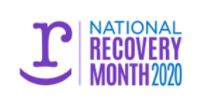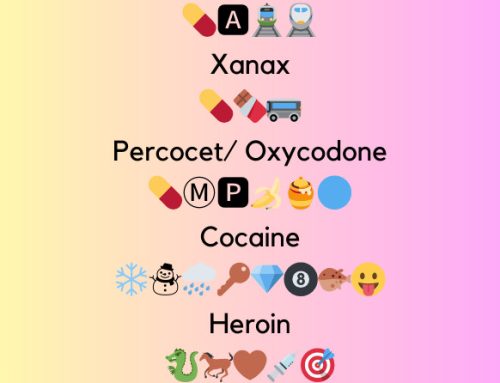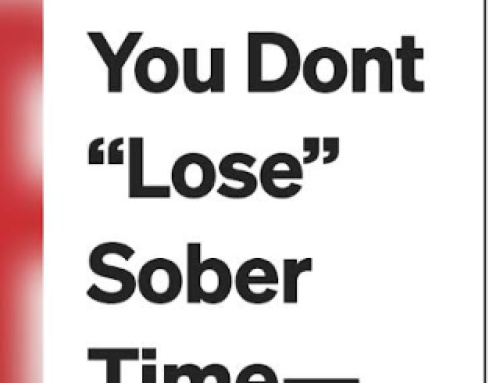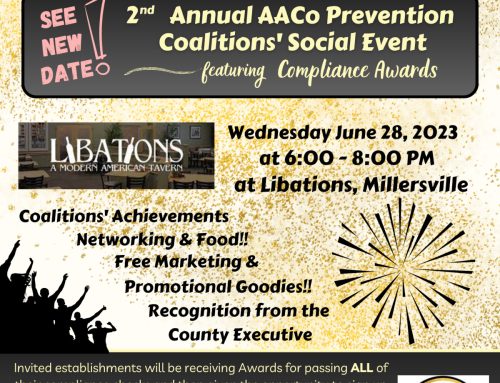
Recovery Month is an international observance held each September to celebrate the millions of people in recovery from mental health and substance use. The purpose of Recovery Month is to spread the message that behavioral health is essential to overall health, prevention works, treatment is effective, and people recover.
Addiction Affects Everyone
1 in 2 Individuals know someone impacted by addiction
1 in 7 Individuals are affected by addiction at some point in their lifespan
Addiction can happen to anyone regardless of race, gender, ethnicity, sexual orientation, or socioeconomic status. No one, and no family, is immune; however, as with other chronic health concerns, the community benefits by learning that prevention works, treatment is effective, and Recovery is real.
Mental Health is Important
1 in 5 adults in the U.S. experience mental health challenges in any given year
1 in 20 adults experience a co-occurring mental illness and addiction each year
Studies often show that addiction tends to walk hand in hand with mental health disorders. Too often one or the other can go undiagnosed or untreated, leading to dismal – and sometimes fatal – results. Addiction and mental illness can be tragic, but people, families and communities can, and do, recover.
Tell the Truth
Telling the whole story is important; fair and accurate media coverage should use only respectful, person-centered language and imagery. Addiction and mental illness – and their related deaths – are covered frequently by local and national news, oftentimes including stigma-inducing language and imagery. It is important not to sensationalize the truth, but to tell it as it is.
20.2 million Americans (8.2% of the U.S. population) identify as a person in recovery from a drug/alcohol use problem
30.8 million Americans (12.5% of the U.S. population) identify as a person in recovery from a mental health issue
By not sensationalizing drug use, addiction and mental illness, the media has the power to improve public understanding and counter existing misperceptions, prejudice, and negative beliefs. Emphasizing humanity over condition in a conversation about mental health or substance use disorders is important: persons affected should be discussed with empathy, not shamed or alienated. Use “Person-First” language: refer to someone with a behavioral health challenge as “a person with a mental health disorder and/or substance use disorder” instead of – “an addict,” “an alcoholic,” or “a schizophrenic”. The more we share our stories the closer we come to reducing the stigma of addiction and mental health disorders.
The Recovery Month observance reminds us that when we celebrate connections and share our personal accomplishments and struggles, we combat the stigmas that can impede the recovery journey and send a message to positively impact lives for the better. Together, we will spread the message to people seeking recovery that “You are not alone. There’s hope, help, and support available from others.”
Sources:
https://www.naadac.org/national-recovery-month
https://rm.facesandvoicesofrecovery.org/
https://www.recoverymonth.gov/
https://www.samhsa.gov/




